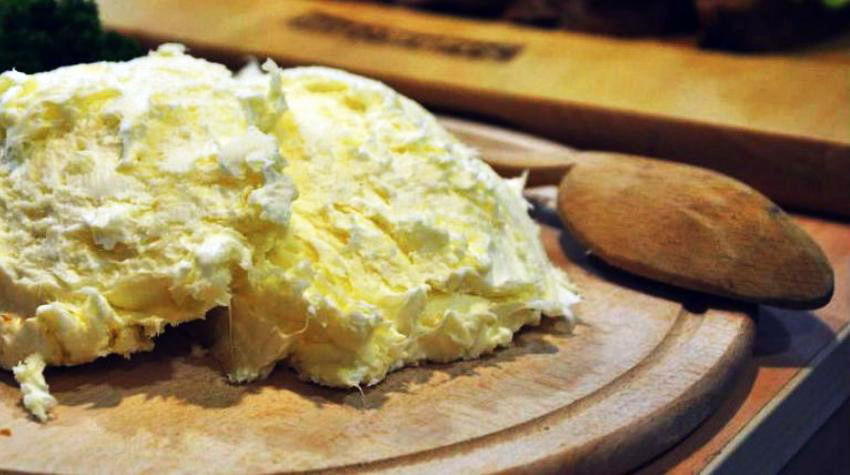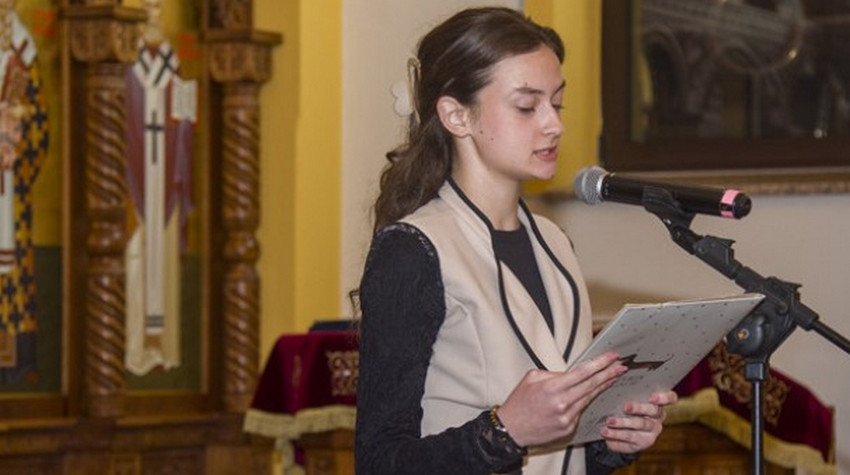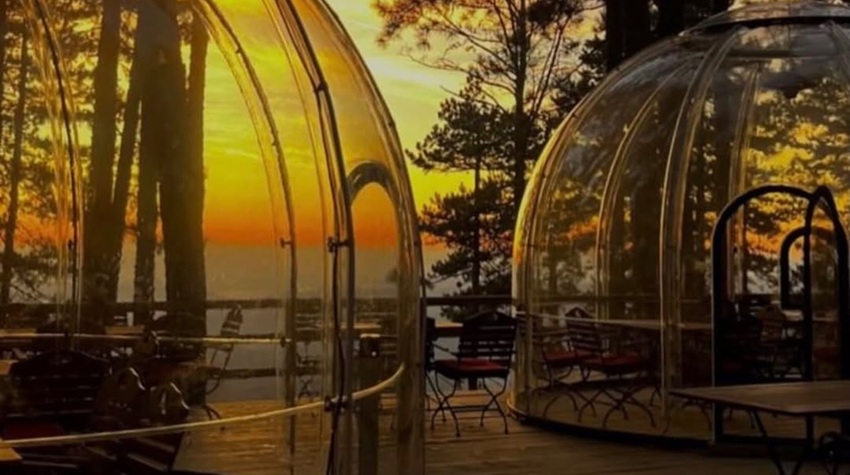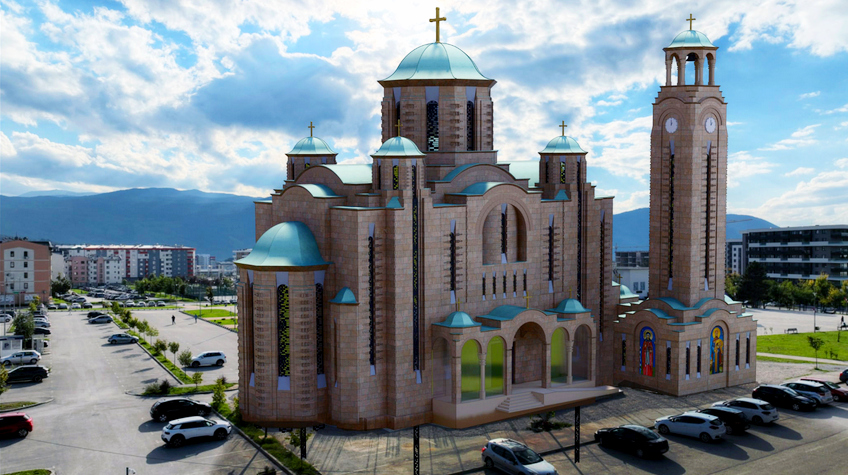RURAL WOMEN FROM ROMANIJA KEEP THE SECRET OF "SKORUP-KAJMAK"
Less than two kilometers from the Han-Pijesak – Karaula road lies the untouched nature of Romanija. This place is the home of Romanijski Skorup-Kajmak, made according to a special local technique that has been passed down from generation to generation.
Nada Maksimović, the president of the Association of
Romanijski Skorup-Kajmak, is one of those who preserve this production from
oblivion. The association, formed five years ago, aims to bring together women
from the rural areas of the Romanija mountain, protect this indigenous product,
and introduce new practices in quality control and hygiene standards of local
farms to expand production.
"The association has 24 members from the municipalities
of Han-Pijesak, Rogatica, and Sokolac. All association members are women who
keep from 7 to 12 cows in their household farms. Due to secure purchase, they
sell raw milk to a local dairy, and only surplus is used for the production of
Romanijski Skorup-Kajmak. We want to make our product recognizable in the
market throughout Bosnia and Herzegovina, thus enabling current association
members to direct the produced milk to this production. Of course, later we
want to expand the number of members and capacities," says Nada.
Currently, production is around 3,000 kilograms per year,
but with the establishment of product infrastructure and meeting market
placement requirements, members express readiness to direct significantly
larger quantities of milk to this production.
"The special production technology of Romanijski Skorup-Kajmak
is preserved in the eastern parts of Bosnia and Herzegovina. Namely, an
integral part of the technological process of producing this indigenous product
is smoking, which affects its sensory characteristics, primarily taste, smell,
and color, making it recognizable and different from other varieties of
skorup-kajmak produced," explains Nada.
Nomadic livestock farming has been present in these areas
since ancient times. Precisely because of its location, tradition, and customs,
the Romanija mountain has preserved some peculiarities that are then seen in
food, attitude towards nature, and working with animals.
"When our story is heard, I believe many will recognize
the need to preserve the secret of Romanijski Skorup-Kajmak and expand its
production. This can bring a new perspective for sustainable development and
the villages of the Romanija region," concludes Nada.













